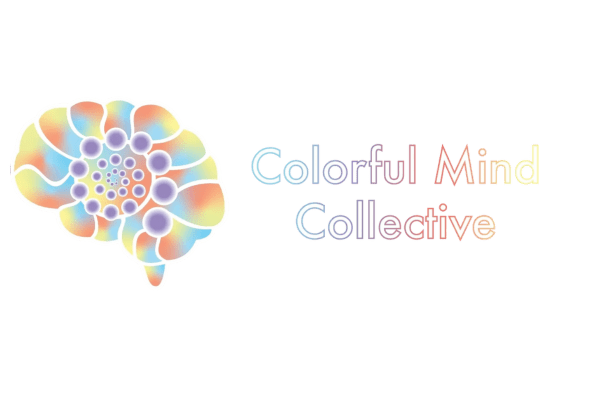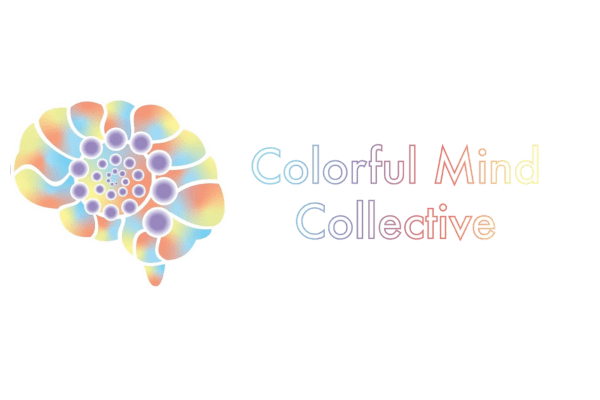
Researches impact on mental health treatments
Embracing the Dawn of Hope: How New Research Illuminates Mental Health Treatment
Alberto Valle
July 3rd, 2023
In the realm of mental health, a new dawn of hope is emerging. Recent research has shed light on groundbreaking advancements in mental health treatment, bringing forth a transformative shift in our approach to healing. Together we’ll explore the remarkable findings that highlight the positive impacts of these advancements, offering a glimpse into a brighter future for those struggling with mental health issues.
The Transformative Power of Virtual Reality One avenue that has shown tremendous promise is the utilization of virtual reality (VR) in the treatment of psychiatric disorders. Studies, such as the ones discussed in the scientific article “A Literature Overview of Virtual Reality (VR) in Treatment of Psychiatric Disorders: Recent Advances and Limitations,” have revealed the profound impact of VR-based interventions. For Example, Individuals grappling with conditions like post-traumatic stress disorder (PTSD) have been able to find solace and relief within the immersive experiences provided by VR. Research indicates that up to 70% of patients experience significant improvement in distressing symptoms after engaging in VR therapy, signifying a powerful breakthrough in their healing journey.
Moreover, VR has also proven effective in addressing phobias and anxiety disorders. Through exposure therapy conducted within virtual environments, individuals can learn to confront their fears in a safe and controlled manner, with professionals right at their side. This new approach empowers them to gradually overcome their anxieties and regain a sense of control over their lives. The transformative nature of VR therapy offers a glimmer of hope for those who have felt trapped by their mental health challenges in the real world.
From Randomized Experiments to Precision Mental Health
The evolution of how we identify and treat mental illness over the past 50 years has advanced greatly. New research in Artificial intellignece and precision mental health highlights the milestones achieved during this 50 year journey. One notable advancement is the integration of genetic insights into mental health care. Through these studies, researchers have identified specific genetic variations associated with various mental health disorders. This knowledge enables clinicians to personalize treatment approaches based on an individual’s unique genetic profile. By tailoring interventions to align with genetic markers, practitioners can optimize treatment outcomes and offer more personalized effective care.
Along with genetic insights, the incorporation of artificial intelligence (AI) into mental health services has revolutionized the field. AI technologies are used to analyze extensive datasets, uncovering hidden patterns and providing valuable insights, with speed and precision not possible for a human, that assist clinicians in decision-making. With AI’s assistance, mental health professionals can refine treatment plans for individuals and offer targeted interventions that address patients’ specific needs. The thriving relationship between human expertise and AI’s computational power expands the possibilities for precision mental health care, paving the way for more successful and positive outcomes.
The Renaissance of Psychedelic Treatments Recent studies exploring the therapeutic potential of psychedelic treatments have sparked renewed interest in alternative approaches to mental health care. Researchers have compiled qualitative data that sheds light on the experiences of individuals undergoing psychedelic-assisted therapy. The findings reveal the transformative impact of these treatments on individuals suffering from conditions such as depression, anxiety, and addiction. Most particiapants saw long term positive changes in their overall mental health.
Psychedelic treatments, when administered in controlled settings under professional guidance, have demonstrated the ability to induce profound emotional breakthroughs and facilitate deep self-reflection. Patients report a sense of connectedness, heightened introspection, and a strong reevaluation of their life’s purpose. These experiences can lead to a significant reduction in symptoms and an improved quality of life. While more research is needed to fully understand the therapeutic mechanisms at play, the promising results provide a ray of hope for individuals who have exhausted traditional treatment options.
Conclusion
As research continues to unveil the positive impacts of new advancements in mental health treatment, a sense of optimism permeates the field. From the transformative power of virtual reality to the integration of genetic insights and the renaissance of psychedelic therapies, these breakthroughs offer renewed hope for individuals navigating the complexities of mental health challenges. By embracing these advancements, we embark on a collective journey toward a future where mental well-being is nurtured, stigma is dismantled, and compassionate care is accessible to all. Let us step forward with empathy, understanding, and a commitment to harnessing the power of research to illuminate the path to healing.
References
Title: “A Literature Overview of Virtual Reality (VR) in Treatment of Psychiatric Disorders: Recent Advances and Limitations”
â— Park MJ, Kim DJ, Lee U, Na EJ and Jeon HJ (2019) A Literature Overview of Virtual Reality (VR) in Treatment of Psychiatric Disorders: Recent Advances and Limitations. Front. Psychiatry 10:505. doi: 10.3389/fpsyt.2019.00505
Title: “Improving Mental Health Services: A 50-Year Journey from Randomized Experiments to Artificial Intelligence and Precision Mental Health”
◠Bickman, L. Improving Mental Health Services: A 50-Year Journey from Randomized Experiments to Artificial Intelligence and Precision Mental Health. Adm Policy Ment Health 47, 795–843 (2020). https://doi.org/10.1007/s10488-020-01065-8
Title: “Psychedelic Treatments for Psychiatric Disorders: A Systematic Review and Thematic Synthesis of Patient Experiences in Qualitative Studies”
◠Breeksema, J.J., Niemeijer, A.R., Krediet, E. et al. Psychedelic Treatments for Psychiatric Disorders: A Systematic Review and Thematic Synthesis of Patient Experiences in Qualitative Studies. CNS Drugs 34, 925–946 (2020). https://doi.org/10.1007/s40263-020-00748-y
Share Your Story!

